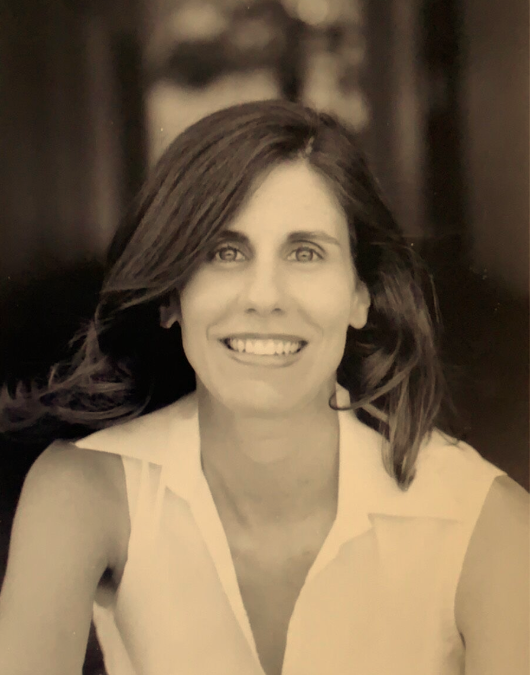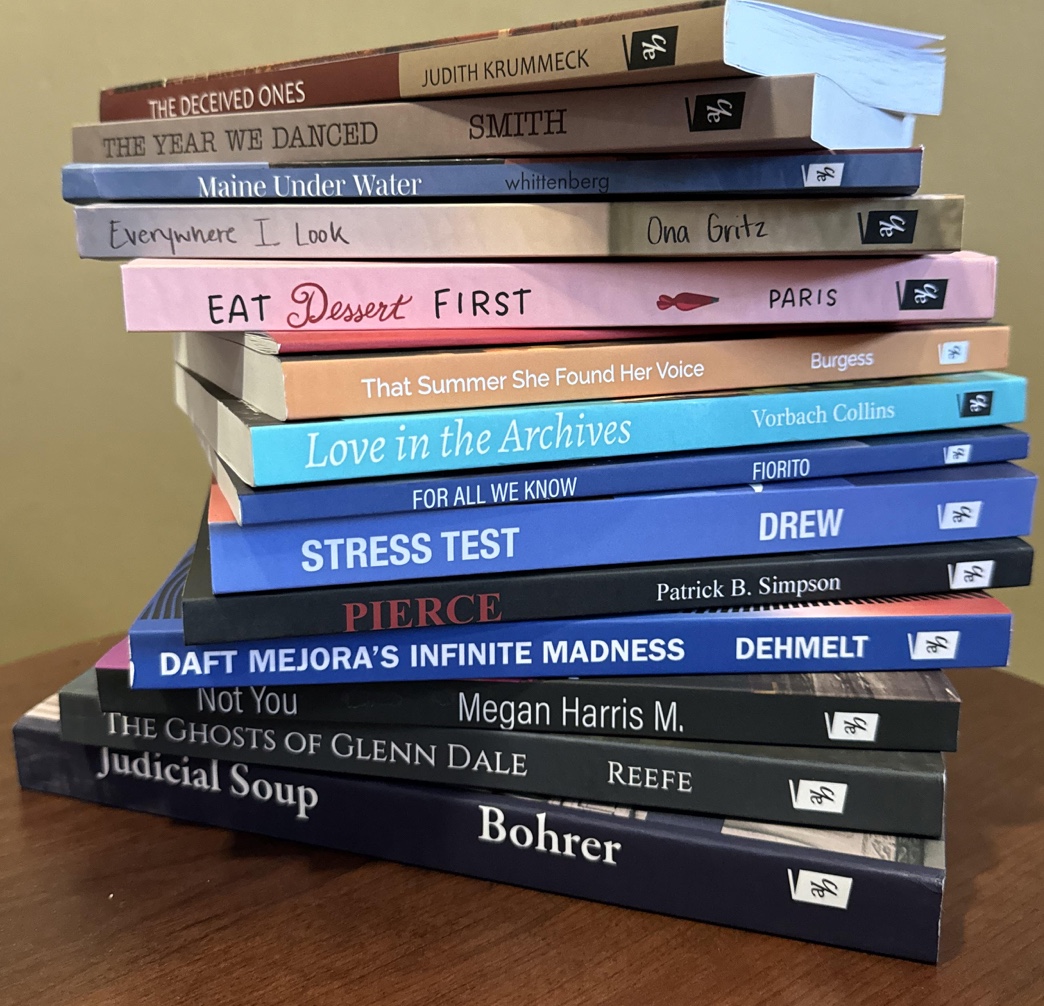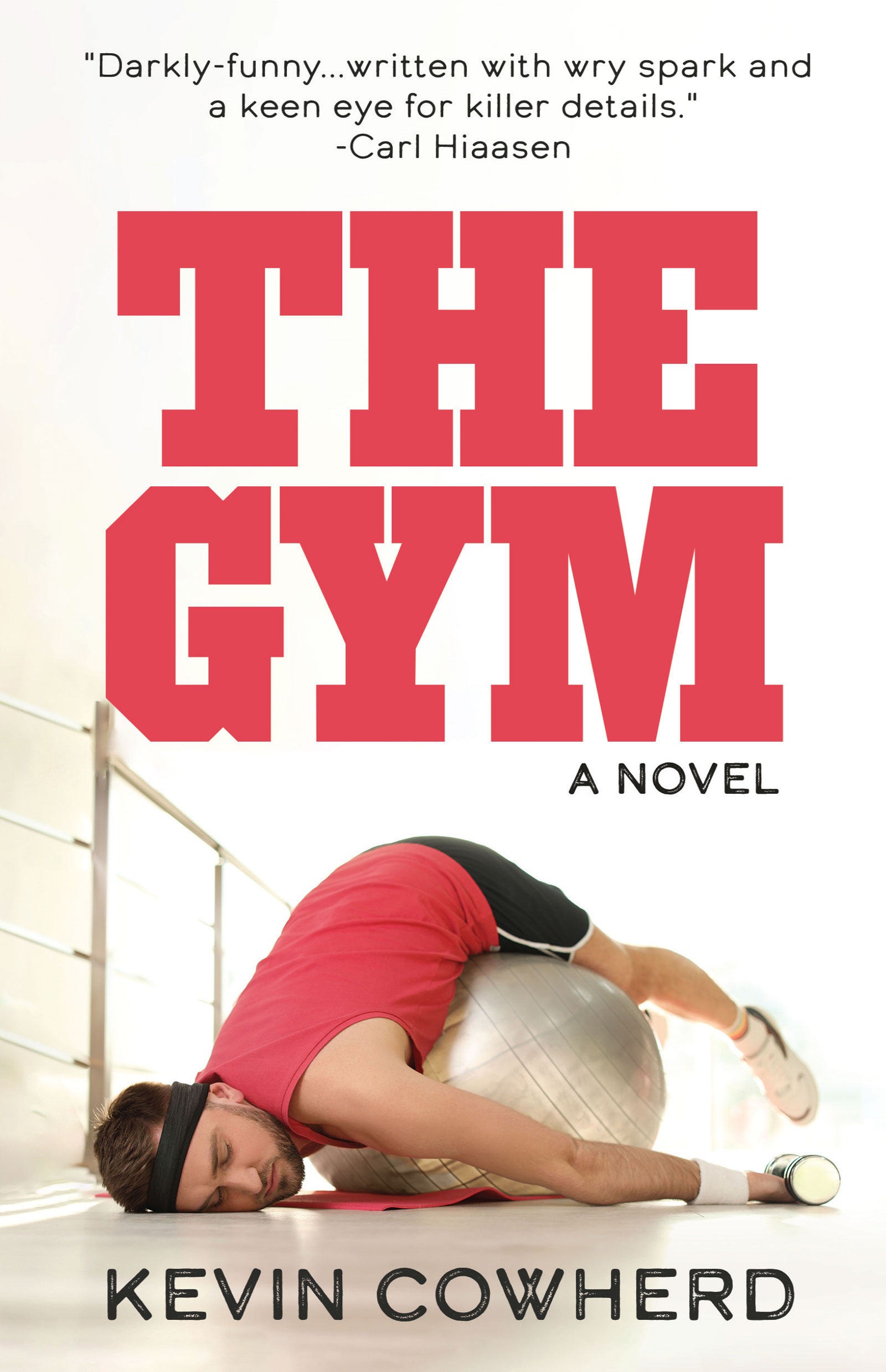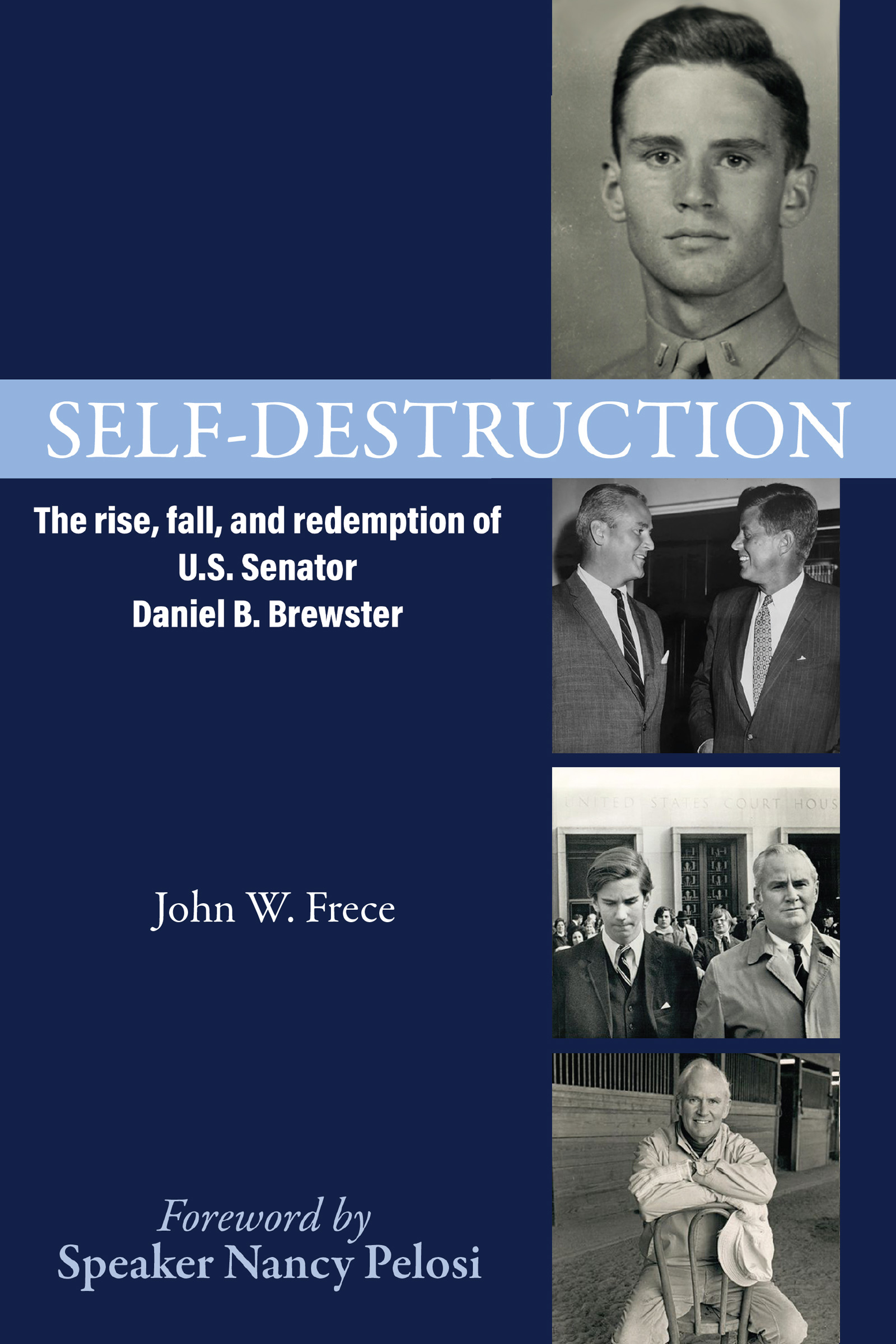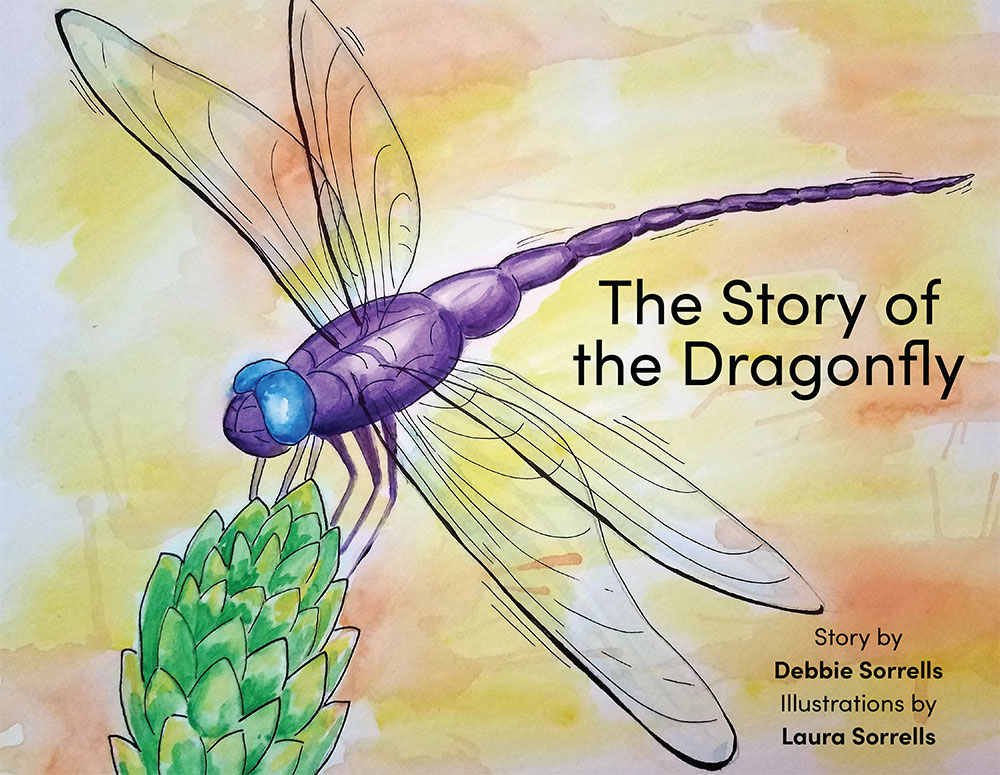Maria Giura grew up in the Dyker Heights sections of Brooklyn, NY. Her writing has appeared in several journals including Prime Number, Presence, Italian Americana, Brooklyn Film & Arts Festival, Godspy, Lips, and Tiferet. She has won awards from the Academy of American Poets and the Center for Women Writers and is a judge for the Lauria/Frasca Poetry Prize. Maria has taught Literature and Writing at St. John’s University, Montclair State University, and Binghamton University where she received her PhD in English. Her first book, “What My Father Taught Me,” (Bordighera Press 2018), a collection of memory poems, was a finalist for the Paterson Book Prize. “Celibate: A Memoir” is her second book.
Q: What inspired you to write “Celibate”?
A: In third grade, my teacher asked our class to write about our favorite room in the house. I chose my bedroom, which I didn’t know at the time is symbolic for the self. It was the beginning of my interest in reading and writing autobiography/memoir. Whenever I wrote, I tended to write about my life even if it was in a disguised way. But it wasn’t until I was an adult and struggled mightily with God’s plan for my life, that I realized what this memoir would be about. It’s not so much that I was inspired to write my story as it is that the story needed to be written, and I was the only one who could write it.
Q: Your memoir is personal. And involves family and friends. As well as the catholic priest who is not exactly “perfect”. Did you ever consider writing under a pseudonym?
A: While I never considered writing under a pseudonym, there was a period of time when I seriously considered changing enough details of the story to make it a work of fiction as a way to disguise and “protect” myself and all my “characters.” But it never felt right or natural, both from a writing point of view—memoir is the genre I feel most skilled at—but also from the point of view of personal calling. I felt pulled to stand in and by the truth of my story as uncomfortable as it will likely be for me once the book is published. I feel that writing memoir is part of my vocation; it’s the genre I’ve always wanted to write.
Q: In recent years, the Catholic Church has had very negative press having to do with Catholic priests and their close/abusive relationships with individuals in their community. Did these stories further motivate you to share your story? Do you feel a connection to these other stories?
A: Unfortunately, this is an incredibly relevant question. The abusive relationships that children and adults have suffered at the hands of some priests have not further motivated me to share my story. In my relationship with Father James Infanzi, I was a consenting adult (twenty-eight/twenty-nine years old when our relationship began). I had my own motivations—granted some of them not entirely conscious—in pursuing a relationship with him; in many ways, I needed something from him or thought that I did. My situation and story is night and day to what children or other women have experienced as victims of priestly abuse. I wasn’t a victim, though for a long while I considered myself a victim of God’s will and circumstance—how could God allow me to fall in love with someone I can’t have—but the reality was I walked into and created my own mess.
Q: The title “Celibate” is striking. And communicates your story well. According to a study, 78 percent of Americans have had sex in the last year (86 percent of mean and 70 percent of women). And 64 percent are currently involved in a sexual relationship. How do you think celibacy fits into a modern hypersexualized world?
A: Let me say first that I really feel that my memoir is not only for Christians, not only for Catholics, but for anyone interested in a story about someone struggling to be an authentic person living an authentic life, someone struggling to grow up and become whole, someone who needed to forgive and be forgiven so that she could at last find happiness and peace.
To the question…Choosing a celibate life, especially choosing it as a way to intimately follow Christ who was celibate, doesn’t fit into a world where pleasure tends to be more valued than sacrifice and where sex is often not about communion with another human being but a way to use the other person even when both people think they love each other. (Father James Infanzi and I were absolutely positively convinced that we loved each other…) Someone who is joyfully celibate can be a symbol to the world that our true home is heaven, that the only person who could ever really fill our hungry hearts is God, and that sex is so incredibly good and so incredibly sacred that it should ideally be experienced only between a husband and wife.
I think a lot of people are only able to see the strangeness and sacrifice in choosing to live a celibate life—I was one of them. But God is so generous that when you say yes to Him, He gives you so many graces that what seems like a sacrifice actually becomes an incredible gift.
Q: You have a poetry book, called “What My Father Taught Me.” Do these two books share a connection? Are there similar lessons? Does your poetry book have lessons which you further explore in “Celibate”?
A: I would say that the most significant similarity between What My Father Taught Me and Celibate: A Memoir has to do with my father’s emotional absence. When I was growing up, my father was a workaholic. He’s also an Italian immigrant who learned from his own father and their culture that men who show tenderness and love are weak. As a result, my father is still unable to say I love you. Many of my poems in WMFTM explore this theme, but they also explore how much I love my father and how much I’ve come to terms with and accept his limitations.
In Celibate, I write about how I went searching for in men what I couldn’t find in my father, and how I attracted men like him who were also emotionally unavailable for various reasons. In Celibate I reveal a lot more about my father and my parents’ marriage than I do in WMFTM. I take a lot more liberties and risks than I do in WMFTM; and yet WMFTM is also very honest. A few of the poems speak to the struggle I faced as a single woman, a theme which I pick up on and go into much greater detail in Celibate.
Q: I can imagine that it was not easy to tell your family the truth about your relationship with the priest. What were the reactions of family/friends? What has been the biggest challenge since deciding to share it?
A: My immediate family was ultimately incredibly forgiving of me especially my mother. They felt betrayed by Father Infanzi, but I imagine they also felt somewhat betrayed by me, though they never said so. My close friends were incredibly supportive as well, though they were shocked. I suppose they were gullible like I had been in the beginning of my relationship with him. I feel truly blessed that I have the kind of friends and immediate family who love me enough not to have judged me harshly or indefinitely.
My family and friends have thus far been pleased for me that the book is being published, because they know I’ve been writing it for over twelve years and how hard I’ve worked on it. With this said, I’m pretty sure they’re uncomfortable about it, because they know what it’s about and that a lot of it is also about them (and they and I are a pretty private group of people!) I plan on sharing chunks of the book with them before it’s published, so that it’s a little less of a shock when they’re holding the finished product in their hands. I know of a couple of memoirists who ran their manuscripts by their families first to see if their families could live with what they were writing, but that’s not something I was willing to do. I had to tell my story without those restraints, and now I have to leave any fallout that the book might create in God’s hands, though of course I’m very nervous. While I don’t consider my memoir to be graphic, I also don’t mince words. As an Italian American Catholic, I grew up in a home where sexual modesty and integrity were valued and expected, so of course I’m very nervous about exposing that part of myself not only to my family but also to the “world.”
Q: Who was the most difficult person to share your story with?
A: My oldest sister was the most difficult person to tell about my relationship with James Infanzi. I knew she felt betrayed. I was incredibly afraid to disappoint and hurt her.
The most difficult persons for me to share my published book with will be my mother and my younger sister, because I write a lot about my struggle in my relationships with them.
Q: What did you edit out of this book?
A: I edited out a lot of unnecessary scenes from this book. I spent a lot of time writing those scenes, because for a long time I thought them necessary, but in the end, I wanted the book to be as much a page turner as possible, so any scenes that didn’t add any new and necessary material got cut. I also cut out scenes that included sub-plots from other parts of my life and details about my characters’ lives that had little impact on the larger story.
Q: What advice do you have for someone considering this life trajectory/choice?
A: (Because I struggled for so long with being single, I want to first say something about that struggle. If someone is single or single again and hopes not to be one day, they should try their best to spend the meantime becoming the best person they can become personally, spiritually, and professionally. They should not just pine for the life and the relationship they want but they should also create a life that matters now. They should keep their standards for a future spouse very high, but they should also make sure their standards are based on qualities that matter: for example integrity, shared values, right goals, shared chemistry and attraction.)
For someone considering this life trajectory/choice, my advice is… don’t be afraid. If God is calling you to a particular life, He’s going to give you everything you need to live that life well. I’m not suggesting that it will be easy, but at the same time, resisting God’s plan can make matters infinitely more difficult. When you pray, be sure not only to talk but also to listen. Sometimes what we think is God’s will for us really is not. In the meantime as you try to figure out what you and God want for your life, make sure you’re living it: Do for others. Do for yourself. Strive to be happy.
